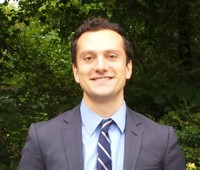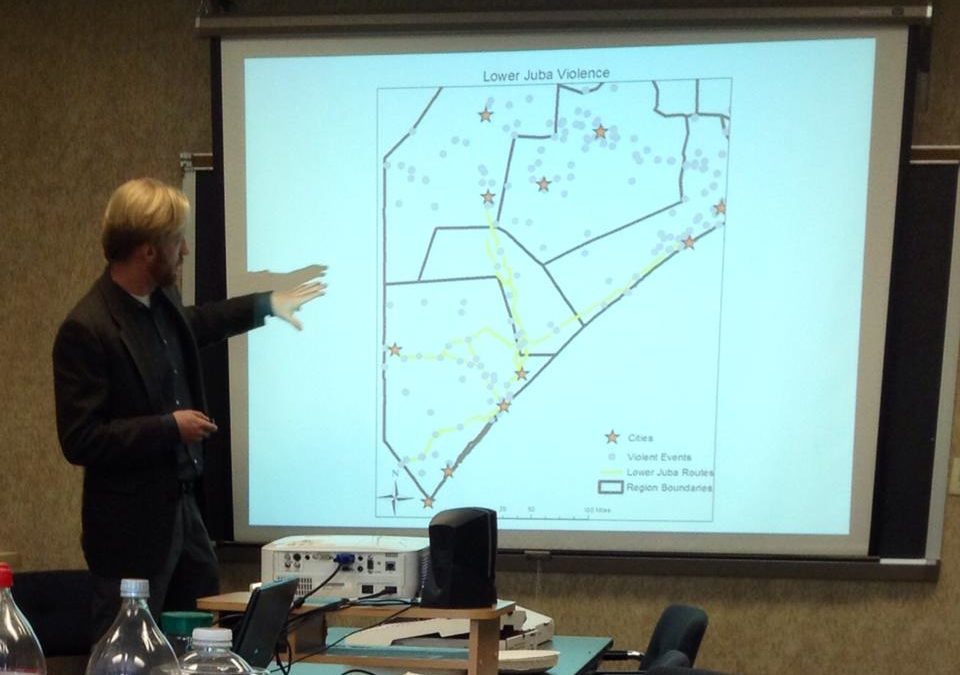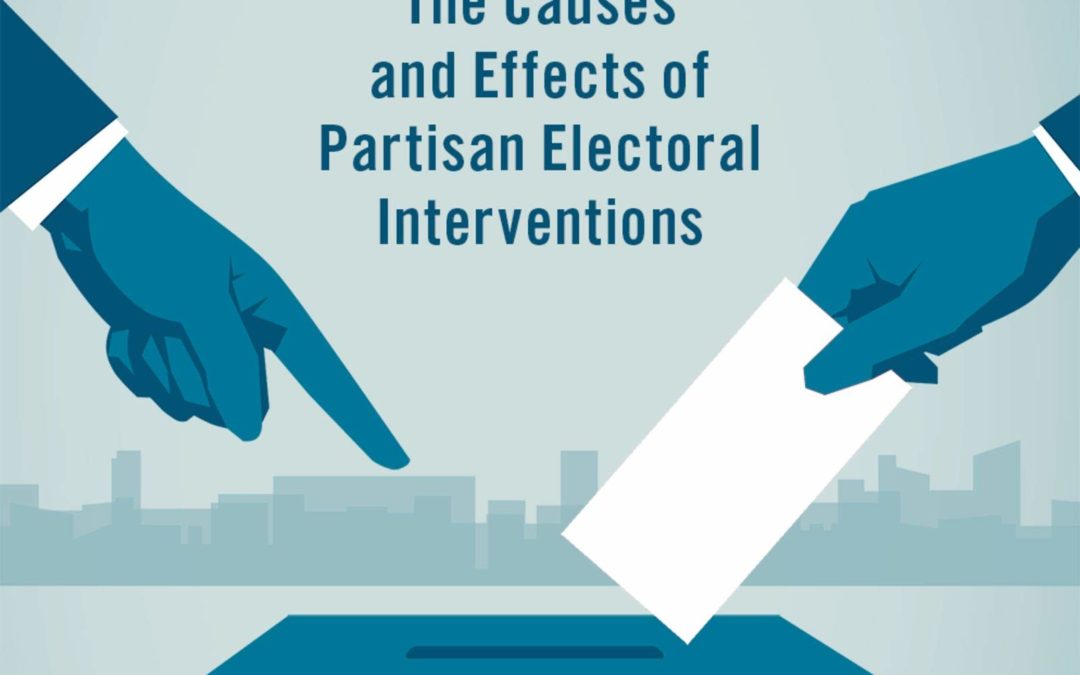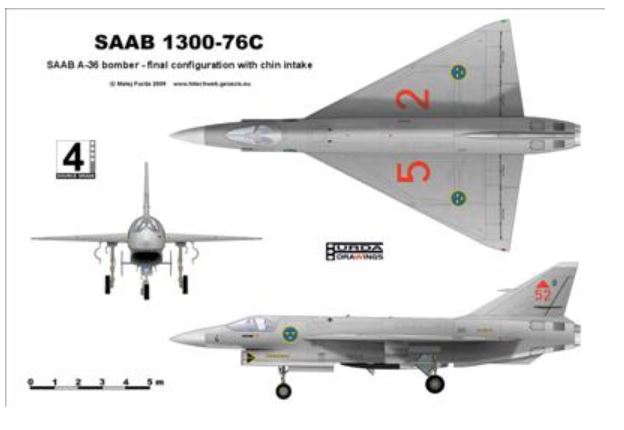
The Duck of Minerva
Displaying Results for ""


Layna Mosley
by W. Kindred Winecoff | 10 Aug 2021 |

Justin Schon
by W. Kindred Winecoff | 9 Aug 2021 |

So you’re thinking about Professing Abroad…
by Spencer Willardson & Charles J. Sullivan | 4 Aug 2021 | Academia, Featured
If there's one thing that American political scientists agree about, it's that the U.S. "job market" is pretty brutal. It's not uncommon for junior scholars to bounce between postdocs and visiting positions before getting a tenure-track job or a stable non-tenure-track position – or before throwing in the towel and leaving academia entirely. Still others join the ranks of contingent faculty. With stagnation in the market for tenure-track...

6+1 Questions about Meddling in the Ballot Box
by Dov H. Levin | 3 Aug 2021 | 6+1 Questions, Books, Featured, Security
Dov Levin answers 6 (+1) questions about 2020 book on foreign electoral interference. When do great powers back a specific party or candidate in another country? Can they change the electoral outcome? Find out.

Why you should care about Biden’s new Religious Freedom Picks
by Peter Henne | 3 Aug 2021 | Human Rights, US Foreign Policy
A (very small) corner of the policy world got excited Monday afternoon: the Biden Administration announced its picks for top international religious freedom positions. This is an area I've worked in for over ten years alongside my academic work, but it's one that few policy experts pay much attention to. The reason for our excitement is the the same reason everyone should be excited about Biden's picks. International religious freedom policy:...

Dov H. Levin
by Dan Nexon | 2 Aug 2021 |
Dov H. Levin is an Assistant Professor of International Relations in the Department of Politics and Public Administration at the University of Hong Kong. His main research project is on the causes, effects, and effectiveness of partisan electoral interventions. He also studies strategic public diplomacy, military and non-military foreign interventions, and differences in foreign policy preferences between western and non-western publics.

Dealing with the Digital Mob
by Devon Cantwell, Elizabeth Meehan & Rosalie Rubio | 2 Aug 2021 | Academia, Featured
Academics are increasingly becoming targets of online harassment, but too many universities and colleges are unprepared to support and protect their faculty. What steps should they take?

Elizabeth Meehan
by Dan Nexon | 2 Aug 2021 |
Elizabeth is a Ph.D. candidate and NSF GRFP Fellow at the George Washington University. Her research examines the politics of policymaking around transparency and anti-corruption laws, with a focus on beneficial ownership transparency. She is also interested in the politics of expertise and of data access and auditing in various organizations. Her research has been published in Regulation and Governance and Law and Inequality.

Rosalie Rubio
by Dan Nexon | 2 Aug 2021 |
Rosalie Rubio is a Ph.D. candidate at George Washington University. Her scholarship examines authoritarian politics, civil-military relations, terrorism and counterterrorism, and the implications of security policy on governance in the Middle East and North Africa (MENA). She conducts policy-relevant research on counter-terrorism policymaking and enforcement, as well as on the dynamics of civil-military and state-society relations. Her...

Devon Cantwell
by Dan Nexon | 2 Aug 2021 |
Devon Cantwell (she/her/hers) is a Ph.D. student at the University of Ottawa in the Department of Political Studies. Devon’s research studies how cities globally enact climate mitigation and adaptation plans, with a specific focus on the multi-level relations of city climate action planning as well as the ethical implications of city climate actions. Her research focuses on case studies of the adaptation and mitigation strategies of four global...

Counterfactual Thinking and NATO Expansion
by Cheryl Rofer | 31 Jul 2021 | Featured, Security
The counterfactual analysis used in debates about NATO expansion is far too limited. It makes the untenable assumption that the world would like mostly the same. This piece offers an alternative.